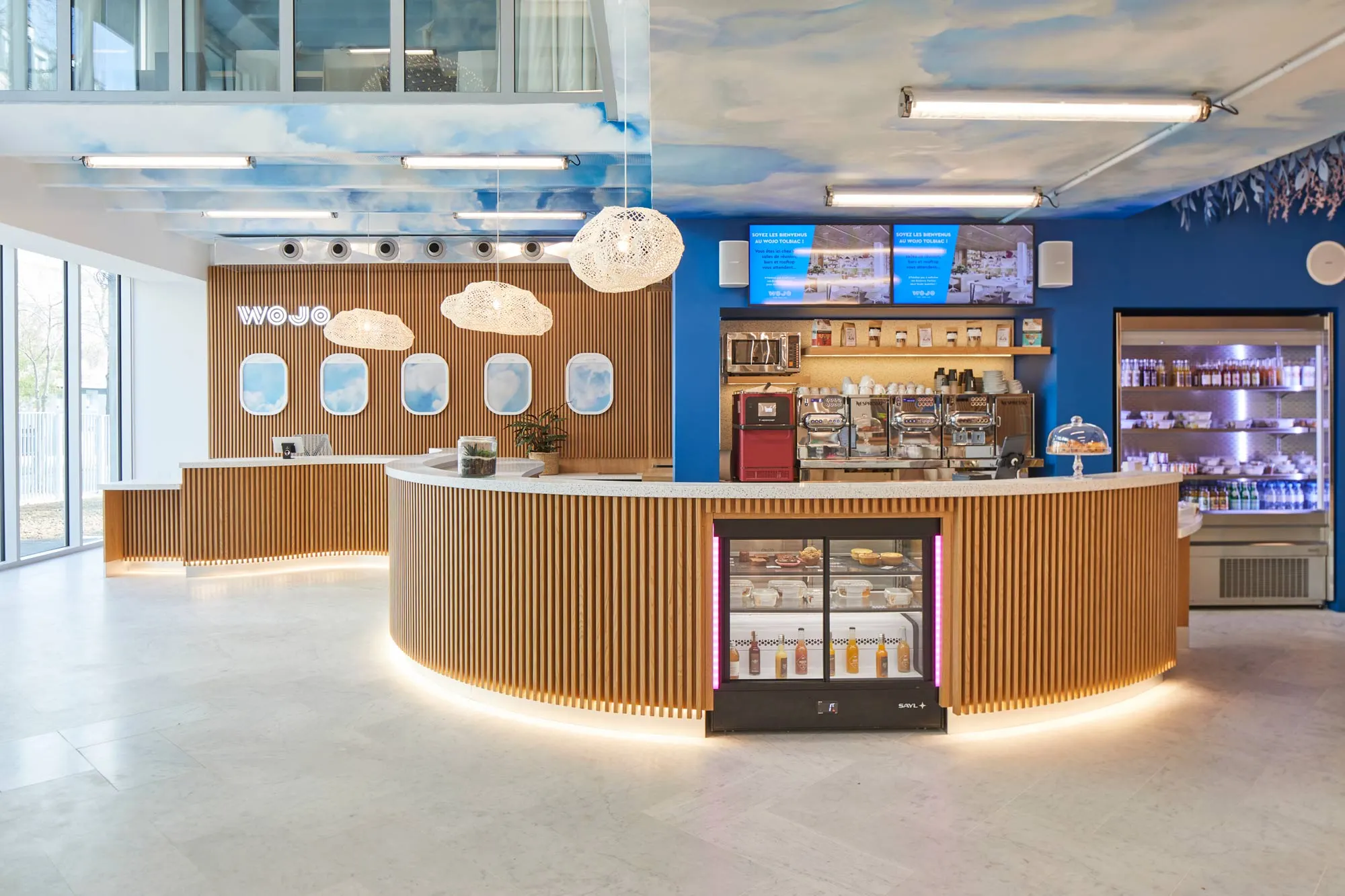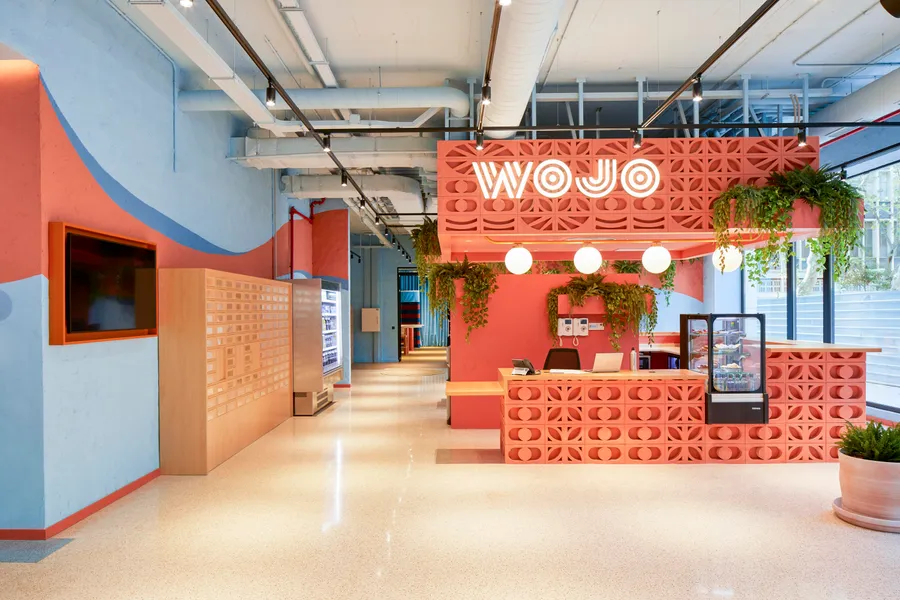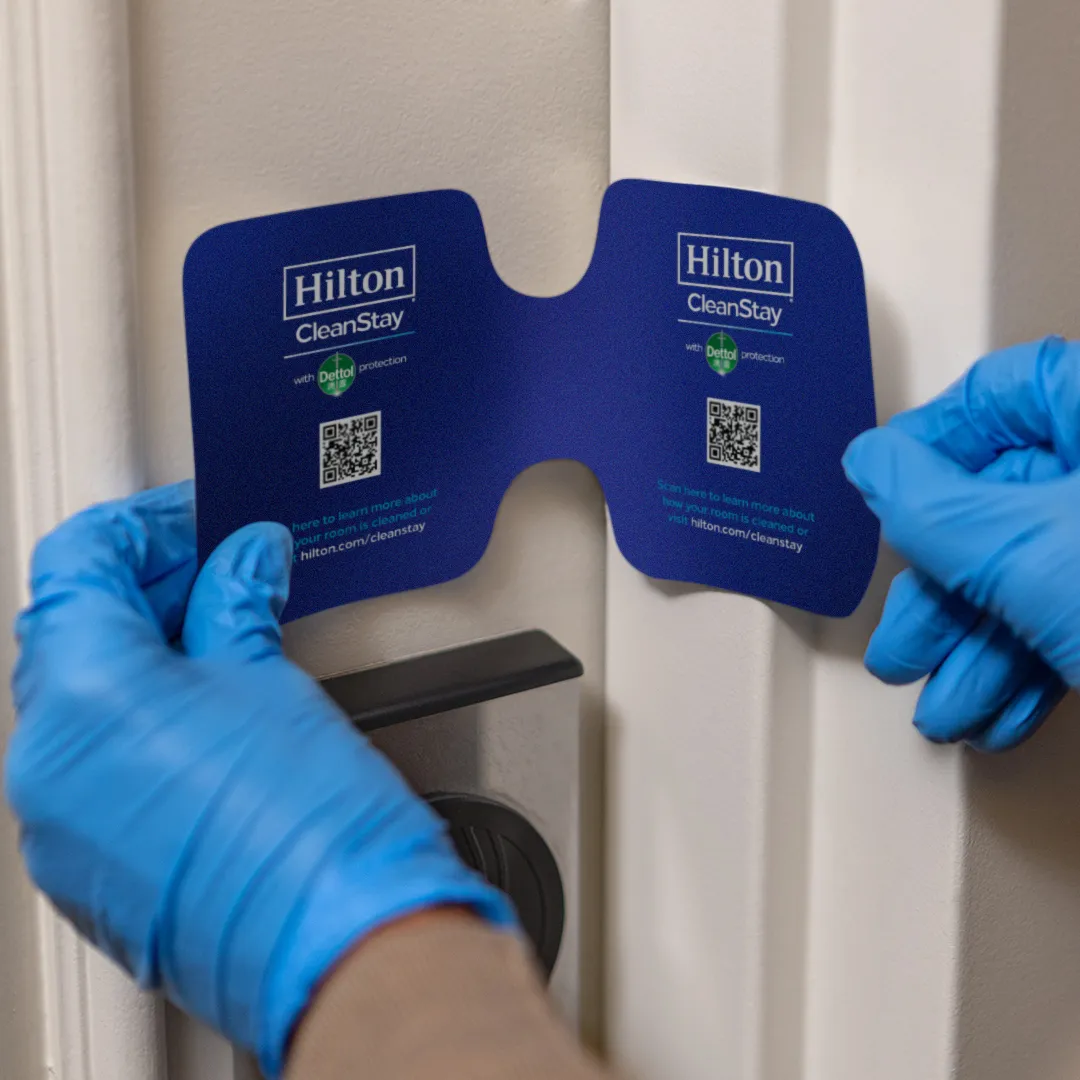

J. Barbosa
1. Aug. 2024
Amidst a rapidly evolving travel landscape, the hospitality industry in 2024 stands at the crossroads of innovation and transformation, where sustainability, technology, and experiential travel redefine what it means to be a global traveller.
As the hospitality industry rebounds from unprecedented challenges, 2024 is a decisive year for transformation. Beyond merely returning to pre-pandemic methods, hoteliers, restaurateurs, and travel professionals are embracing innovation to meet the demands of a new era. From technological advancements to evolving consumer preferences, these key trends are shaping the future of hospitality.
Sustainability Takes Centre Stage
Sustainability has evolved from a buzzword to a fundamental expectation for consumers and stakeholders. According to the World Travel & Tourism Council (WTTC), 83% of travellers worldwide seek more sustainable options, with 67% willing to pay extra for eco-friendly accommodations. This trend motivates hotels to implement greener practices, such as reducing single-use plastics, enhancing energy efficiency, and offering locally sourced food.
Marriott International aims to achieve net-zero greenhouse gas emissions by 2050. The hotel giant is introducing energy-efficient lighting, waste reduction initiatives, and water conservation efforts across its 8,000+ properties worldwide. This trend is not limited to large chains; boutique hotels and independent properties are also investing in sustainability to attract eco-conscious guests.
Tech-Driven Personalisation and Automation
The role of technology in the hospitality industry has grown substantially, with a greater emphasis on personalisation and automation. Artificial Intelligence (AI) and machine learning analyse guest preferences and behaviours, enabling hoteliers to provide highly customised experiences. From personalised room settings to tailored dining options, guests expect a seamless and bespoke experience at every interaction.
Additionally, automation is boosting operational efficiency. Contactless check-ins, AI-driven chatbots, and mobile room keys are becoming industry norms. According to Skift Research, 58% of travellers now prefer contactless check-ins, a trend accelerated by the pandemic. These technologies enhance guest satisfaction and reduce operational costs, allowing hotels to focus on creating unforgettable experiences.
Bleisure Travel: Blending Work and Leisure
The concept of “Bleisure” travel, combining business and leisure, is gaining momentum as remote work becomes more common. The Global Business Travel Association (GBTA) reports that 48% of business travellers plan to extend work trips for leisure purposes. This shift prompts hotels to rethink their offerings, providing work-friendly environments with high-speed internet, co-working spaces, and wellness amenities designed for the modern traveller.
Accor has launched the “Wojo” co-working brand in response to the rise of Bleisure Travel. These spaces are integrated within their hotels, offering flexible working options alongside the luxury of a hotel stay. This trend attracts business travellers and taps into the growing digital nomads market, diversifying hotel revenue streams.
Rise of Experiential Travel
In 2024, the hospitality industry is seeing a growing demand for experiential travel. Travellers increasingly seek unique and immersive experiences rather than just a place to stay. This shift encourages hotels to offer curated experiences highlighting local culture, cuisine, and activities.
The Hyatt brand has capitalised on this trend by expanding its Unbound Collection, featuring independent hotels that offer authentic local experiences. From culinary tours in Tuscany to wellness retreats in Bali, these properties provide guests with a deeper connection to their destination. The emphasis on experience over accommodation transforms the hospitality landscape, driving hotels to innovate and differentiate themselves in a competitive market.
Health and Safety: A Continued Priority
Although the pandemic has receded, health and safety remain top priorities for travellers and hospitality providers. Enhanced cleaning protocols, air purification systems, and health-focused amenities are now industry standards. The International Air Transport Association (IATA) reports that 72% of travellers prioritise cleanliness and hygiene when choosing a hotel, underscoring the ongoing importance of safety in the hospitality experience.
Hilton’s “CleanStay” program, launched during the pandemic, remains a key selling point for the brand. This initiative includes rigorous cleaning procedures, contactless check-in options, and digital room keys to reassure guests and ensure a safe stay. As health concerns persist, hotels that maintain high cleanliness and safety standards will continue to earn travellers’ trust.
Conclusion
The hospitality industry in 2024 is characterised by innovation, sustainability, and a renewed focus on guest experience. As the sector navigates the complexities of a post-pandemic world, those who adapt to these emerging trends will thrive. By embracing sustainability, leveraging technology, and prioritising health and safety, the hospitality industry is poised for a bright and prosperous future.
Staying informed and agile is crucial for success in this dynamic landscape, making it exciting for hospitality professionals and travellers alike. Take advantage of the latest news!







































